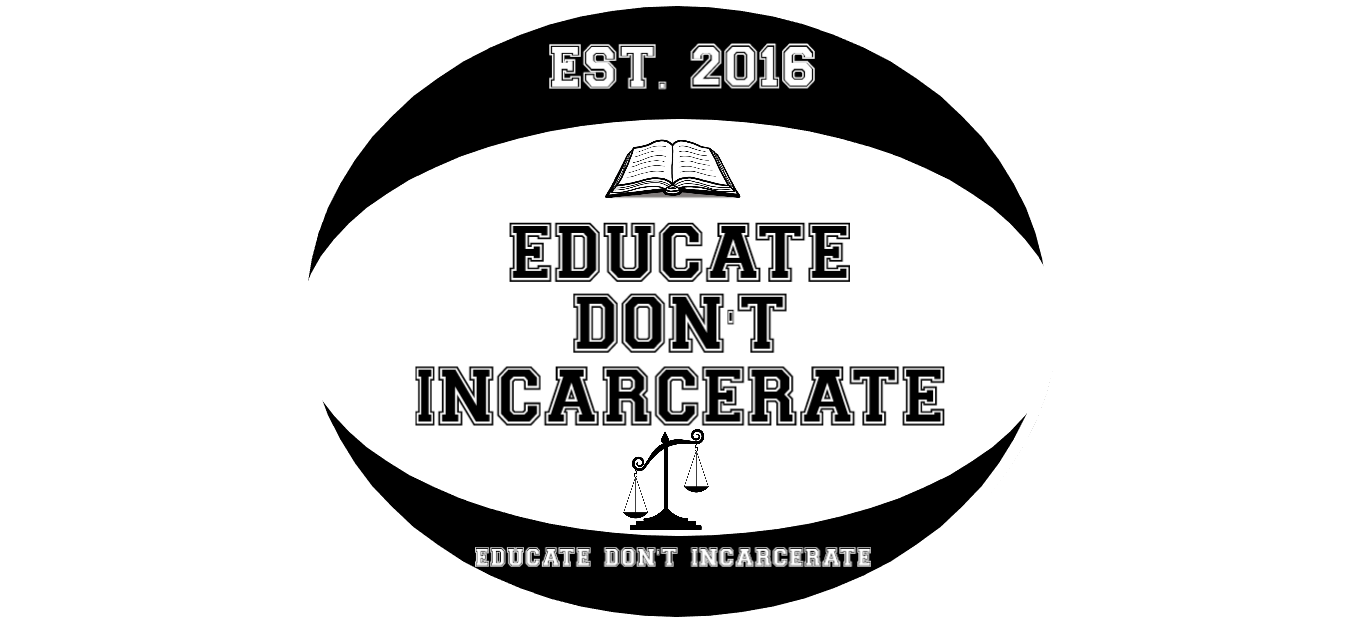June 8, 2017
Terrance Coffie, who earned his BS from NYU Silver in May 2016 and his MSW from the School in May 2017 is now in the process of producing a documentary entitled “Caged Roses” about juvenile justice in America today. According to Coffie, “The title speaks to the experience of young men and women who have great potential but are caged by our juvenile justice system, whether they are literally incarcerated or metaphorically confined because of racism, poverty, lack of opportunity, and other factors that restrict their ability to grow.”
Coffie himself spent years in and out of the prison system before finding the re-entry supports he needed from The Doe Fund, a nonprofit organization that helps men with histories of homelessness, incarceration, poverty, and substance abuse rebuild their lives. After graduating from the Doe Fund’s Ready, Willing & Able program, he went on to earn his Associates Degree from Bronx Community College and then to enroll at NYU. Last year, he founded the non-profit organization Educate Don’t Incarcerate (EDI), which commissioned the documentary to advance its mission of combating mass incarceration through educational opportunities, mentoring and policy reform.
Coffie and EDI have partnered on the documentary with the Midtown South Community Council, a nonprofit devoted to building better neighborhoods and stronger relationships within Midtown South in Manhattan, and Michelle Alexander, the highly acclaimed civil rights lawyer, advocate and legal scholar whose book The New Jim Crow: Mass Incarceration in the Age of Colorblindness exposed the deliberate structural racism underpinning America’s criminal and juvenile justice systems.
Coffie said he was inspired to make the documentary while planning an exhibit at NYU Silver this past winter of art by justice-involved youth in programs run by the nonprofit Artistic Noise and Columbia University’s Justice in Education Initiative. “I was so moved by their work. These were children who sought their own way out of incredibly difficult conditions and were criminalized as a result, without society addressing the underlying issues – the causation as we say at the Silver School. I wanted to shed light on the juvenile justice system and how it affects our kids.”
There is substantial research, Coffie said, that shows young people who have contact with the juvenile justice system have worse outcomes than those who do not. “They are less likely to finish high school and be productive members of society and they have increased probability of criminality in their lives. Moreover, it is well established that racial disparities pervade the juvenile justice system, with youth of color vastly overrepresented and treated more harshly at every point in the continuum.”
The documentary will share the stories of five young people ages 15 to 19 who have been involved with the juvenile justice system and will include interviews with a wide range of experts, Coffie said. “We have interviewed service providers and advocates from organizations like Artistic Noise and Center for Alternative Sentencing and Employment Services (CASES) as well as academics including NYU Silver’s Dr. Robert L. Hawkins, Dr. Kirk A. James and Dr. Linda Lausell Bryant, who have tremendous insights on the juvenile justice system and its effect on children in terms of trauma and outcomes.”
Interviewing Ms. Alexander was a highlight of the project so far, said Coffie. “The historical line she has drawn from slavery to the Black Codes to Jim Crow laws to mass incarceration applies to juvenile justice well as the adult system. It was very important to me to have her voice as part of this and I am extremely honored that she participated.”
He continued that one of the things Ms. Alexander helped him understand is that Alternatives to Incarceration (ATI) programs, while often beneficial, are a form of social control and not true reform. “In her book, she explained that slaves could be given a pass to leave the plantation but they still were not free. Likewise youth in ATI programs do not have free will. While I support ATI as an interim measure, our greater concern should be why are children of color being funneled into these programs in the first place? Why are these kids being disproportionately arrested and policed in their communities? We can put them in ATI and think ‘well, we didn’t actually incarcerate them,’ but they are still being monitored by the system. It maintains and perpetuates the cycle of social control in these kids’ lives.”
What young people of color need, Coffie said, are not ATI or prevention programs but opportunities. “We don’t call activities like arts, culture and sports programming ‘prevention’ when we offer them in privileged communities, and we don’t mandate that everyone take part. Too often if kids of color do have access to that kind of programming, it comes with strings – ‘you must participate or else.’”
According to Coffie, filming for the documentary is completed and he is now focused on editing. “We hope to have the film ready for release in 2018 but we want to take time to get a clear and concise message. We want the film to give voice to the incarcerated kids who have screamed and not been heard and to the social justice advocates working in the field, in order to inspire real reform in the country’s broken system. I want viewers to see our black and brown children not as criminals but as children, and for our policy makers to allocate resources so that all children have equal opportunities.”

